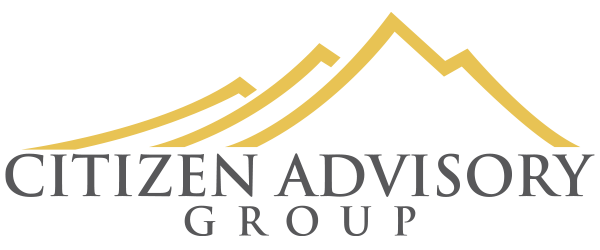Special Purpose Acquisition Companies (SPACs) have become a popular topic for discussion in the mainstream conversation of finance in recent months. The primary purpose of a SPAC is to make a public offering of a private company. In SPACs, private companies are able to go public without needing to go down the official IPO process. 2021 has already been a blockbuster year for SPAC underwritings due to the hefty valuations that SPACs have received from public demand. However, the present situation could potentially turn into a misallocation of public capital, if existing risk-taking behavior continues to move at its current pace.
A company that goes public in a SPAC is able to sidestep the challenges of traditional IPO filings and roadshows. Companies can do this by obtaining a SPAC sponsor that is able to perform an IPO on behalf of the private company. Any proceeds raised in a SPAC IPO are then moved into the private business as a way to fund that business. SPACs are essentially shell companies that push money into early-stage companies, usually startups. Ownership in a SPAC ends once the underlying investment is mature enough to stand as a public entity. At that time, the old SPAC shares are changed over into ownership of a new public investment.
Today’s high valuations in public markets have made it an opportune time for companies to go public in a SPAC. Without a SPAC, private companies in a venture are naturally left to find fresh capital in private channels, which could either be in low supply or based on smaller valuations. Yet, even in private equity markets, activity has been on the rise and valuations have been pushed higher. SPACs democratize markets for regular investors who would otherwise be locked out of such investments. It is important to remain mindful of both the potential return and risk.
There have been examples of successful companies going public through a SPAC, such as Virgin Galactic, DraftKings, Lordstown Motors, and Opendoor Technologies. Many of these companies have valuations well into the billions. However, SPACs are high risk since many of these venture companies are in their pre-revenue days, earn no profits, and operate in unproven product markets. These factors make a traditional IPO difficult because when the facts of a venture are made clear, public interest for its IPO can dissolve into a reduced IPO price or even a cancellation of the IPO. Valuations are built on the future and the latest rush into SPACs necessitates a promising tomorrow.
The first quarter of 2021 has seen unprecedented flows move into SPACs. About one-hundred billion dollars have gone into SPACs this year, which already exceeds the combined sums of 2018, 2019, and 2020. Furthermore, about 70% of all new money raised in IPOs this year has been in SPACs.
Today’s rise in SPAC investing could serve as a testimony to the current times. In an effort to make sound decisions, investors need to be mindful of certain key shifts in the investment landscape which relate to the rise in SPAC popularity. SPACs were once popular investments in the lead up to the dot-com bubble. In those days, risk-taking was a popular pursuit since public capital was relatively cheap and plentiful. In the current landscape, we have experienced unprecedented fiscal stimulus during a time when monetary policy is simultaneously almost as aggressively growth-oriented as possible. These types of policies can lead to certain asset bubbles.
Further, the opportunity cost of investing in equities, through vehicles such as bonds, has been currently pushed to a minimum. All of these trends lead to increased interest in risk assets. Investors become almost agnostic of the price they pay to join in on popular investment trends without any answers for the value that they receive in return. This can lead to further behavioral trends where investors want to follow the “heard” and not miss out on opportunities, leading to additional price appreciation. It is important for investors to appropriately balance any investment’s risks and rewards as well as maintain a full perspective of these broader investment trends.
Citizen Advisory Group is a comprehensive financial services firm that helps Northwest Ohio and Southeast Michigan’s soon to be retired and retired residents effectively plan for and prepare for life’s greatest journey. In addition to helping clients with their finances, Citizen Advisory Group offers monthly health and wellness events.
Please call 419-872-0204 for a complimentary consultation to review your individual situation.
Investment advisory and financial planning services offered through Advisory Alpha, LLC, a Registered Investment Advisor. Insurance, Consulting, and Education services offered through Citizen Advisory Group. Citizen Advisory Group is a separate and unaffiliated entity from Advisory Alpha.



